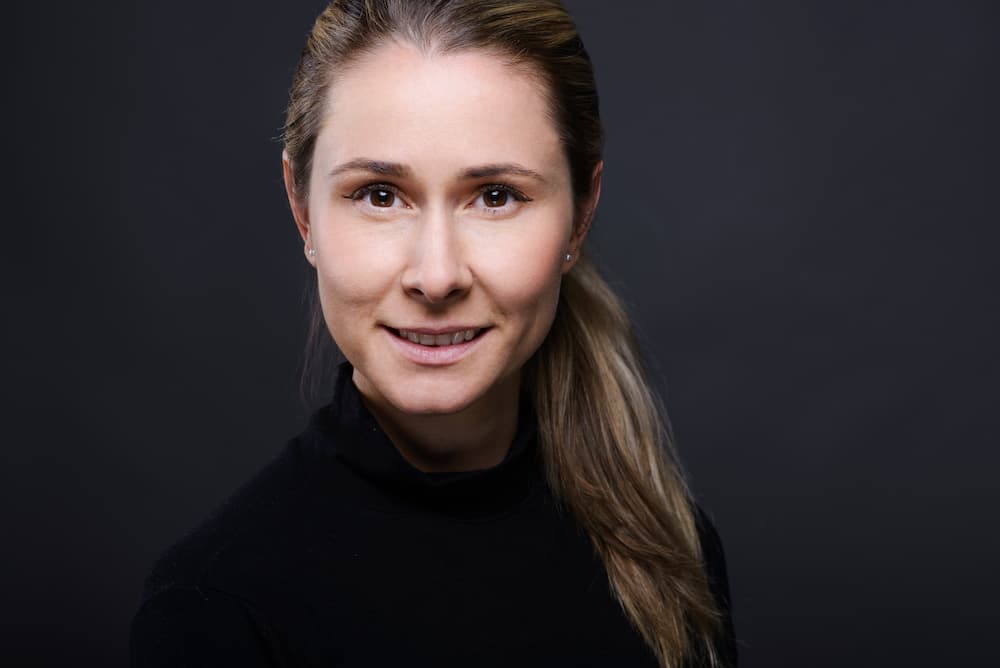
Kelly Forbes | Executive Director | AI Asia Pacific Institute
Kelly Forbes has always believed that international cooperation and justice play a critical role in resolving global challenges. She has completed her Bachelor of Laws dissertation on the role of international law in advancing both elements. Artificial intelligence (AI) and how to govern its potential risks is a global challenge. AI is transnational; it crosses borders. Being a dual-qualified lawyer has served Kelly a significant advantage in working on these international challenges, where knowledge of the laws and regulations of multiple jurisdictions is required to build the necessary governance for AI.
The AI Asia Pacific Institute (AIAPI) was founded in Singapore about three years ago. Kelly has lived and worked in Brazil, New Zealand, Australia, and Singapore and is currently in Dubai, working on expanding this vital work in the Middle East region. The AIAPI addresses artificial intelligence’s social, legal, and ethical risks to advance its potential to build a sustainable world. AI has a critical role in unlocking the value of data and fostering innovation opportunities. There are less than eight years to achieve the Sustainable Development Goals (SDGs), which the United Nations proposed as an urgent call for action in a global partnership.
“AI is a two-edged sword. It holds incredible potential to advance positive impact. We must adapt our governance structures to better respond to the
new risks the technology imposes.”
Kelly often speaks on subjects related to the intersection of law, sustainability, and artificial intelligence. She firmly believes that AI can accelerate these SDGs. From climate change to unleashing more sustainable cities and communities, AI holds great promise to administer challenges and advance these goals. However, our current governance structures still need to evolve to better respond to the new risks imposed by this technology. For this reason, topics such as fairness, explainability, transparency, and accountability gain significant importance. Policy has the potential to facilitate human-centric outcomes and foster a balance between innovation and governance. Countries like Singapore and the UAE recognize this and are among the first governments to create a policy accelerator and RegLabs to govern emerging technologies.
Policy has the potential to facilitate human-centric outcomes
and foster a balance between innovation and governance.”
As a leader in male-dominated sectors, women may need to be assertive and confident to establish themselves as leaders and learn to navigate biases and stereotypes. The AI industry is undoubtedly one of them, where women make up an estimated 26% of workers in AI roles worldwide. One of the most critical lessons Kelly learned along the way is the importance of building support networks and seeking out mentors.
“As a leader in male-dominated sectors, women may need to be assertive and confident to establish themselves as leaders and learn to navigate biases and stereotypes.”
As a mother, Kelly quickly realized the importance of maintaining routines and boundaries for physical and mental health. She argues that there is no perfection, but the balance between work and personal life is something to strive for and that you need to work on daily.
Kelly firmly believes that diversity and inclusion are essential to solving the world’s most critical challenges. When equal opportunities are enabled, women can bring unique perspectives, experiences, and skills to decision-making processes. Women are often strong communicators, empathetic, collaborative, and able to build strong relationships. “Ultimately, diversity and inclusion are not only the right thing to do but also the smart thing to do. By embracing diversity and inclusion, we can create a better world for everyone, with equal opportunities to contribute.”
“Diversity and inclusion are essential to solving the world’s most critical challenges. Women bring many valuable contributions to the table that are needed in the world today.”
Kelly has been fortunate to work closely with and receive support from the most incredible women, some of whom have been part of her journey from the early days. People like Leesa Soulodre, Philippa Penfold, Barbara Erskine, May Leng Kwok, Janet Wong, and Dr. Wendy Bonython have captured her growing admiration for their ongoing impact-driven support.
AI has the potential to enable a better world, and accurate governance must be in place to allow for that. Kelly believes the AI Asia Pacific Institute’s work is actively contributing to this mission and promoting a more fair and sustainable world for all.
“Ultimately, diversity and inclusion are not only the right thing to do but also the smart thing to do. By embracing diversity and inclusion, we can create a better world for everyone, with equal opportunities to contribute.”